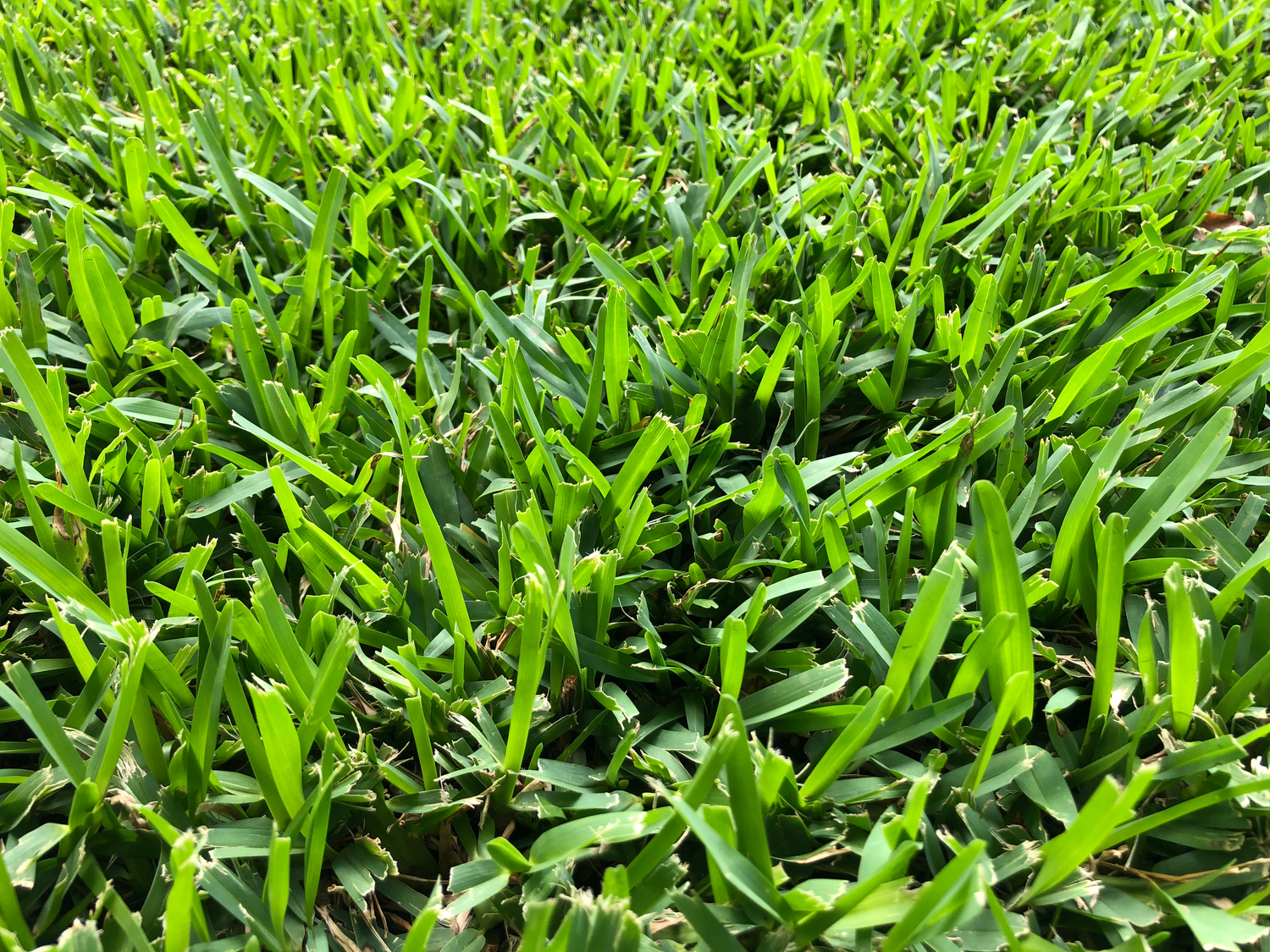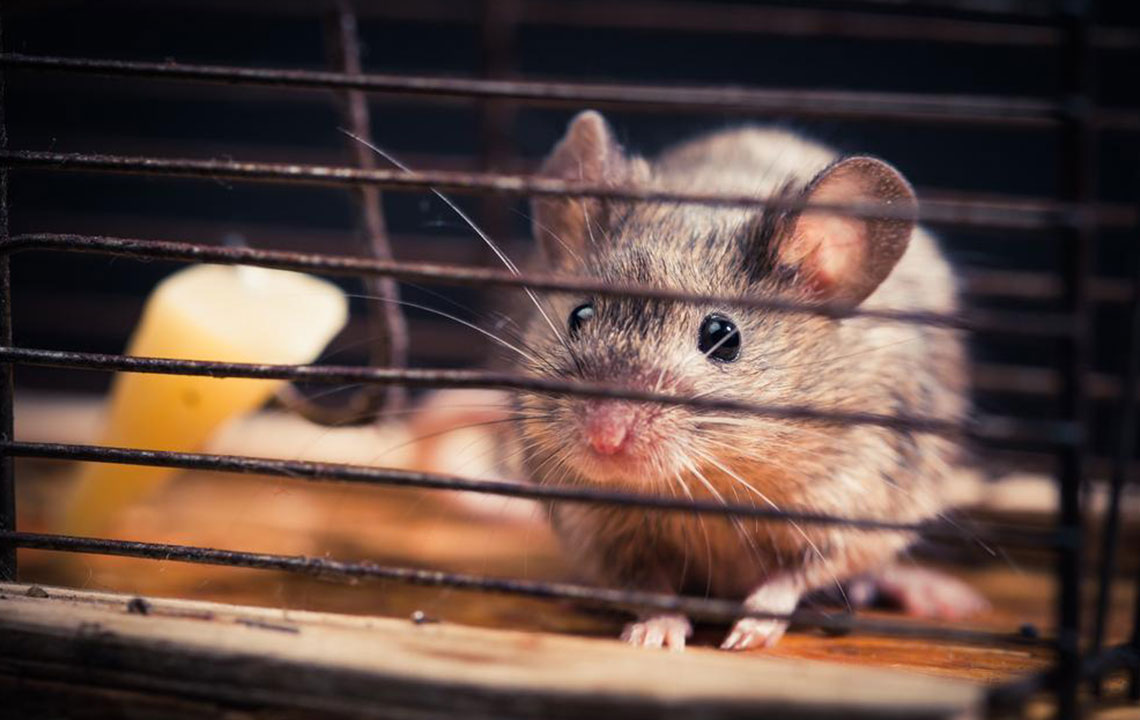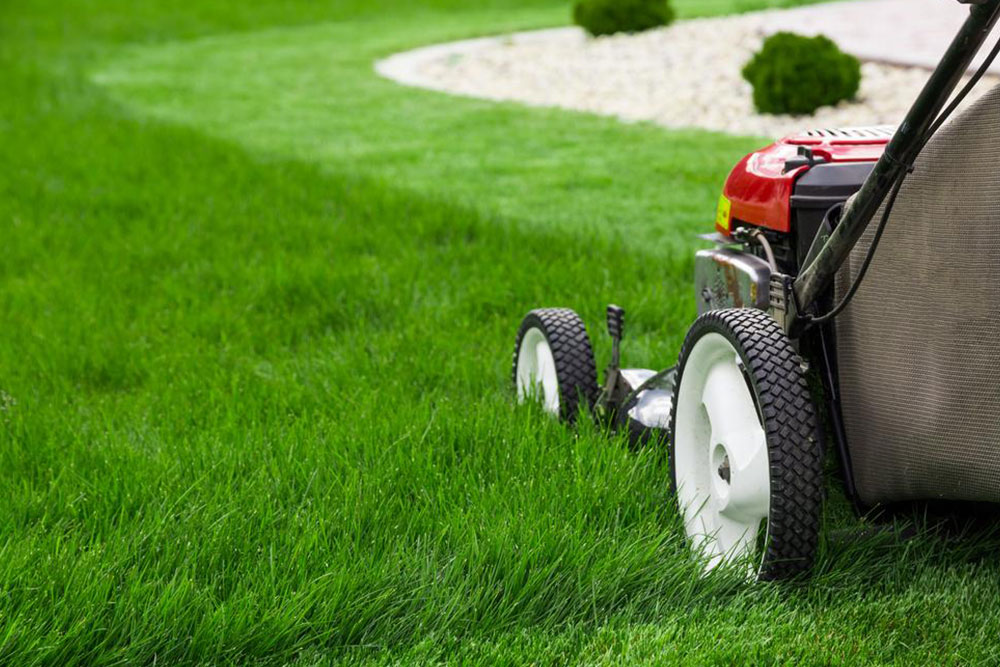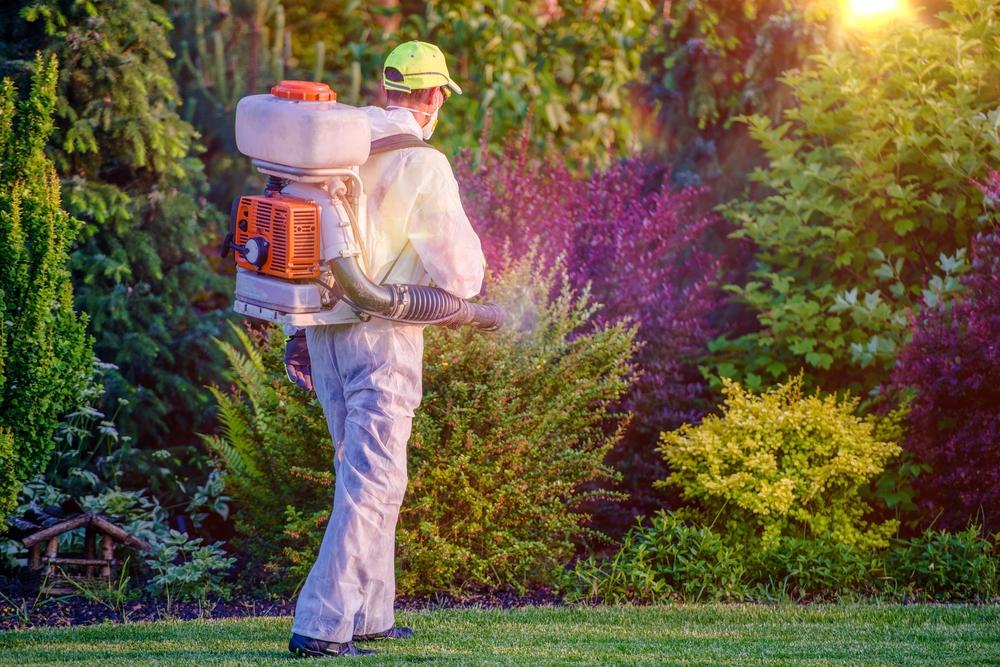Effective Strategies to Control Armyworm Infestations
Learn effective methods to control and eliminate armyworms in your garden or lawn. From early detection to natural predators and chemical treatments, this guide covers all essential strategies for sustainable pest management. Maintain healthy lawns and prevent major damage with quick, eco-friendly solutions and professional help when necessary.
Sponsored
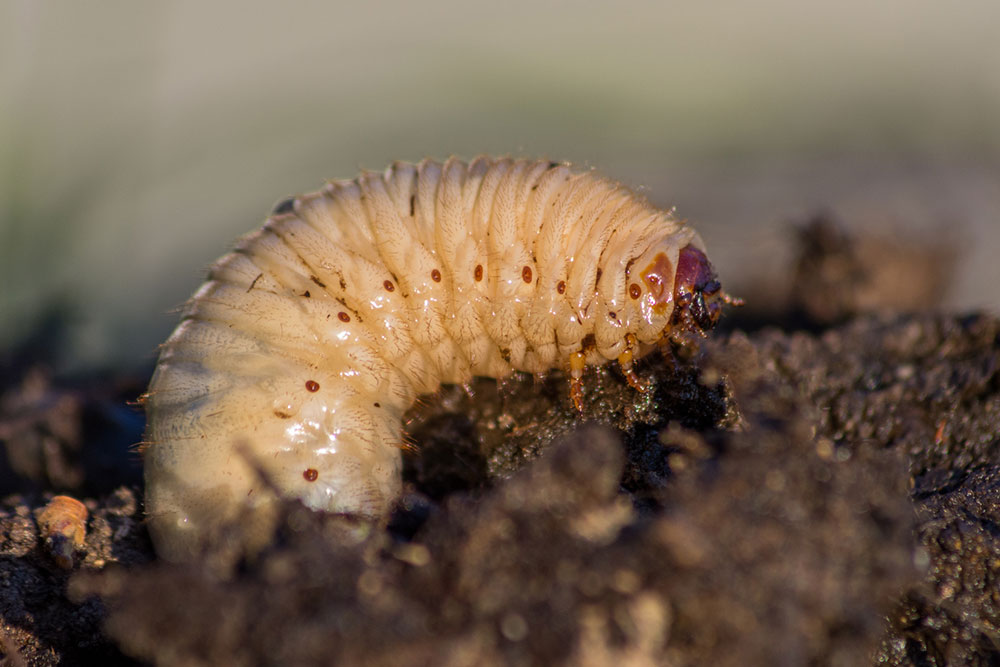
Armyworms, despite their name, are caterpillars measuring 1.5 to 2 inches, known for marching in sizable groups across fields and lawns. They feed voraciously on grass, leaves, and plants, creating brown patches and rapid damage. Addressing an armyworm problem quickly is essential, as they can quickly spread and reproduce, causing significant harm to your garden or turf.
Top Methods to Eliminate Armyworms
1. Spot Early Warning Signs
Regularly inspect your garden for thinning green areas, droppings, and small worms. Early detection allows for swift action, stopping the infestation from escalating.
2. Apply Beneficial Nematodes
These microscopic worms naturally target soil-dwelling pests like armyworms. Safe for humans, pets, and plants, nematodes are an eco-friendly option applied across the lawn to disrupt worm larvae.
3. Use Bacillus thuringiensis (Bt)
This biological pesticide, safe and effective, kills armyworm larvae upon ingestion. Available as spray or dust, Bt offers a natural control method that spares beneficial insects.
4. Promote Natural Predators
Encourage birds, wasps, and beneficial insects by providing water sources and habitat. Natural predators will feed on armyworms, maintaining ecological balance and reducing pests without chemicals.
5. Deploy Diatomaceous Earth
This natural powder dehydrates pests on contact, making it a safe, non-toxic solution suitable for lawns with pets and children.
6. Use Soapy Water or Neem Oil
Apply insecticidal soap or neem oil solutions directly on visible worms to dehydrate and eliminate them effectively.
7. Maintain Lawn Health
Keep the grass well-mowed, watered, and fertilized. A healthy, dense lawn is less attractive to armyworms and other pests.
8. Resort to Chemical Insecticides
For severe outbreaks, targeted insecticides can be used. Always select products labeled specifically for armyworms and follow application guidelines carefully.
Persistent infestations require professional pest control. Hiring experts ensures effective removal and long-term prevention strategies to protect your lawn from future armyworm attacks.

